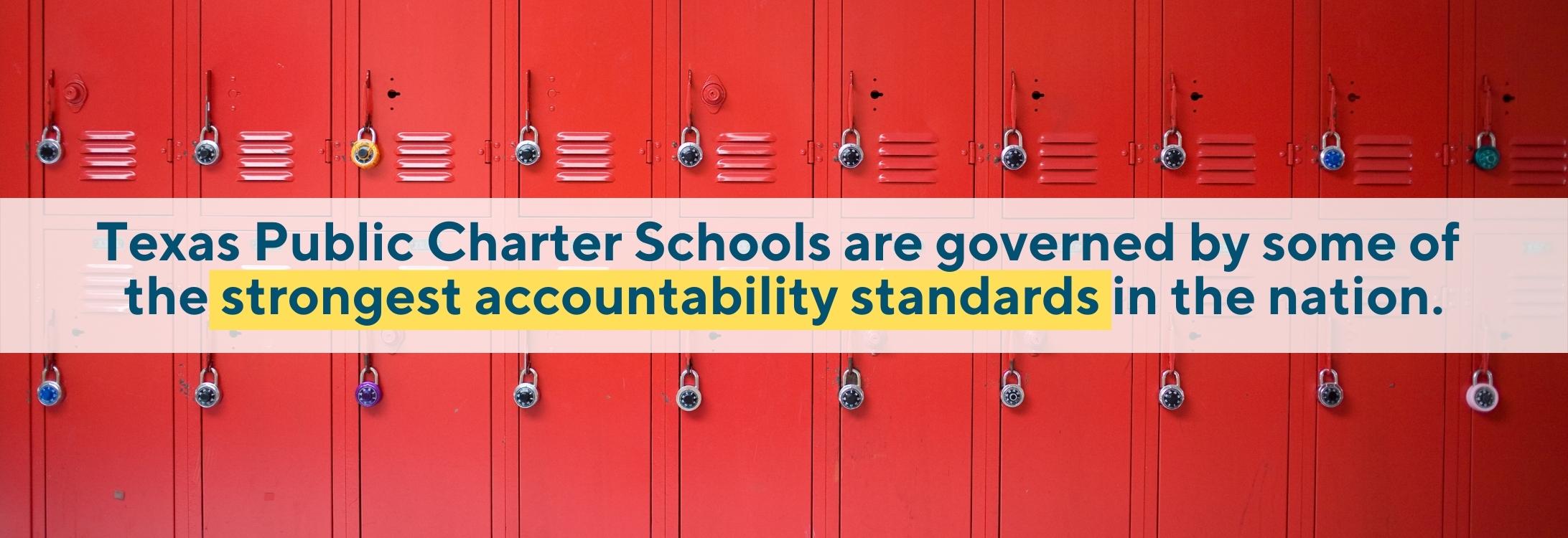As Texans, we should hold our public schools to high standards for performance, financial management, transparency, and governance. That’s what students deserve — and it’s why public charter schools follow the same (or stricter) requirements as traditional districts.
In fact, taxpayers in the Lone Star State hold public charter
schools to higher standards than traditional ISD schools when
it comes to:
• Transparency: Unlike ISD schools, public charters must submit
their academic calendars to state education authorities for
approval and release their waiting lists. Charters in Texas also face
harsher consequences for violating open meetings laws. Charter
schools are also subject to strict financial scrutiny, and must
publicly report on their financial management through the School
Financial Integrity Rating System of Texas (FIRST), to ensure most
of their money is being spent on actually helping kids learn.
• Evaluating Performance: Both public charters and ISDs
have an A-F accountability system for academic and financial
performance. But charters are comprehensively evaluated by the
state using a long list of indicators.
• Closures: Any public charter that receives a failing grade from
the state for three straight years must close – no appeals allowed.
This “three strikes” rule is far stricter than laws concerning lowperforming ISD schools.
• Expanding: In order to open new schools, public charters must
meet rigorous performance benchmarks and secure approval
from the State Education Agency, State Board of Education, and
Attorney General (for bond agreements).

